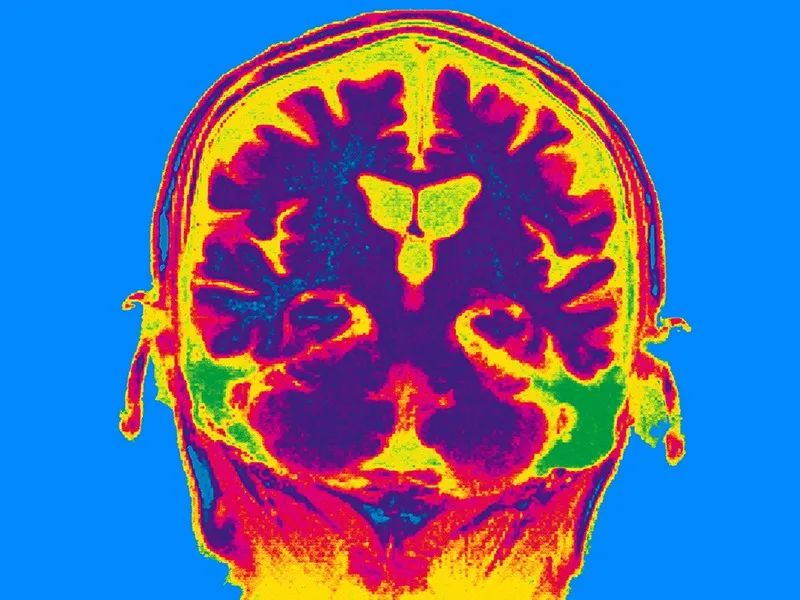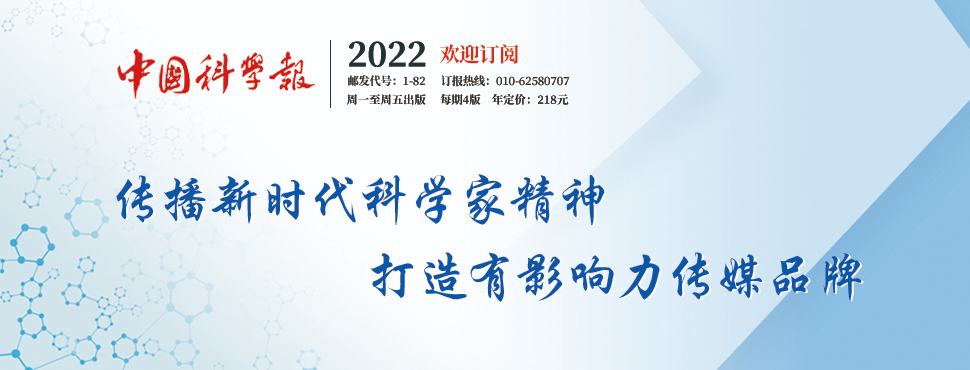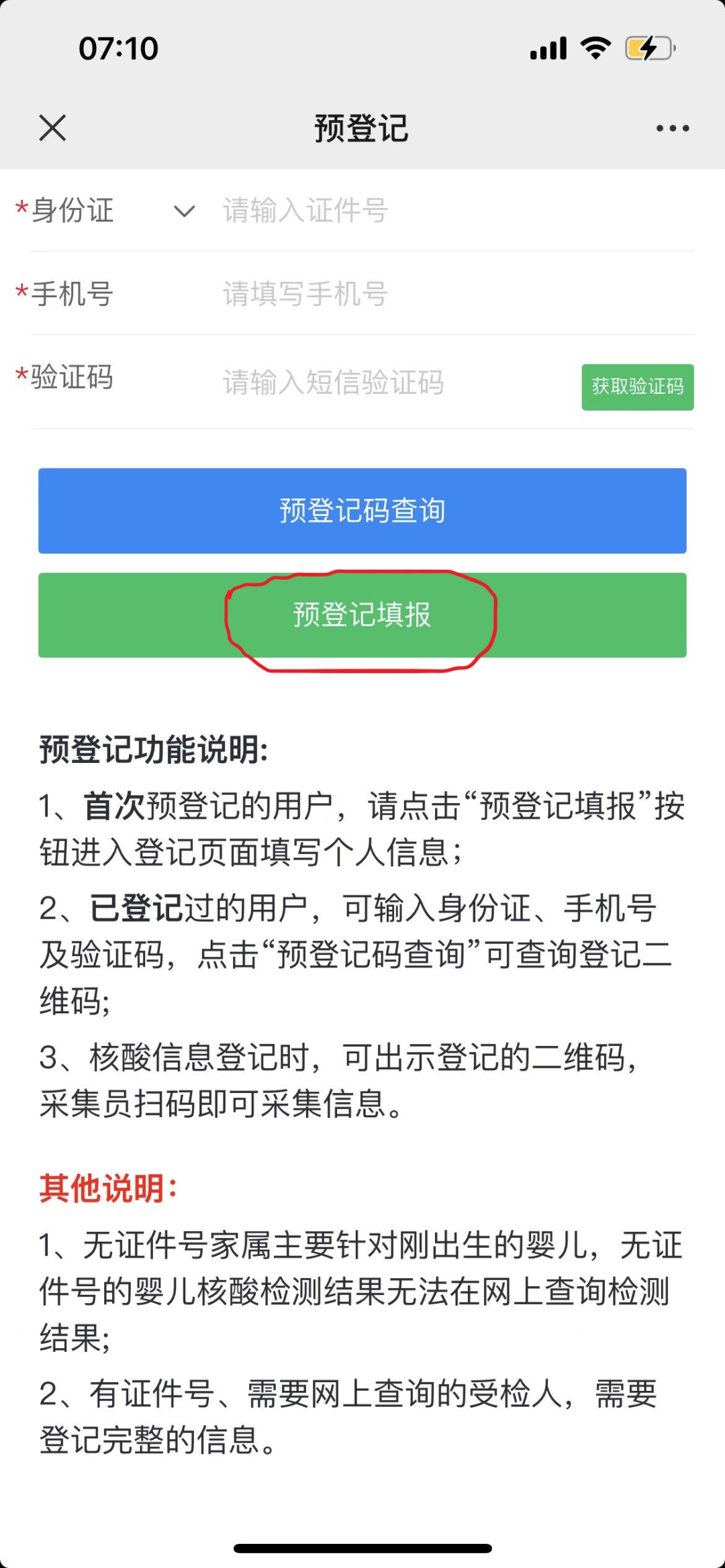Memory declines with age?This method may be reversed
Author:Journal of China Science Time:2022.09.03
Text | Wang Fang
Human memory will decline with age. But one day in the future, there will be a simple, non -drug method to reverse this trend.
In a new study published in "Nature -Neuroscience" recently, Robert Reinhart, a cognitive neurologist at the University of Boston, confirmed that it has repeatedly stimulated the brain of adults over 65 years of age with weak currents for several days in a row, which can make them make it. Memory continues to improve for up to one month.

Different parts of the brain control different types of memory. Image source: BSIP/UIG/Getty
Previous studies have shown that long -term memory and "work" memory (allowing the brain to store information) is controlled by different parts of the brain, and the formation mechanism is different.
On the basis of this research, the Reinhart research team found that using high -frequency current to stimulate the front frontal leather layer of the back of the back — a area near the front of the brain, which can improve long -term memory, and use low -frequency current stimulation to stimulate the lower top of the back of the back of the brain. Leaves can enhance work memory.
"Researchers used the knowledge accumulated in the field to draw the results of hope," said Ines Violanter, neurosatherist at Sarri University in the United Kingdom.
The Reinhart team uses a non -invasive brain stimulus method called Cranary AC Electric Stimulation (TACS). Through the electrode transmission current on the surface of the scalp, a series of experiments have been carried out among participants between the 150 years old between the ages of 65 and 88 Essence
Participants performed a memory task that they were asked to read 20 words read aloud. Participants accepted TACS throughout the task for 20 minutes. After 4 consecutive days, participants who received high -frequency stimulation of the frontal frontal leaf cortex stimulation have been improved from the beginning of memory. This task depends on long -term memory. The low -frequency stimulus of the lower leaf enhances the participants' then memories of the words in the list, which involves work memory.
In these 4 days, the memory performance of the participants has improved, and this improvement will even continue after a month. Those who have the lowest levels of cognitive function before studying have the greatest memory.
Change the stimulus frequency, the stimulating brain area, or the only time to simulate the brain stimulus at the beginning and end of the mission to simulate the brain stimulus, which will not improve the memory.
Simon Hanslmayr, a cognitive neurologist at the University of Glasgow, has a skeptic attitude towards TACS's meaningful changes in cognition. He believes that the current generated by the TACS device is much weaker than the current generated by other brain stimulation methods. Therefore, it has been unclear whether they can transmit sufficient current to the brain to change its function. But at the same time, Hanslmayr also acknowledged that the research plan was related to "continuous and quite strong memory improvement".
Some factors make this study unique. The first is that researchers have applied TACS for several days in a row, while previous research is usually used only once. Second, the age of the experiment is over 65 years old, and most of the other cases participants are young students with good memory function.
The thesis co -author Shrey Grover said that the benefits of brain stimulation can be promoted to other types of memory tasks, and whether the memory improvement can last for more than a month is two key issues that the team plans to solve in future research.
The research team also expanded the scope of work and studied whether TACS can help people with Alzheimer's diseases, because research shows that brain stimulation may bring the greatest benefit to people with poor cognitive function.
"We hope to expand this job in a meaningful way and provide more information about how the brain work." Grover said.
Related thesis information:
https://doi.org/10.1038/s41593-022-01132-3
"China Science News" (2022-09-01 The second edition of the original title "Stimulate the Memory of the Brain to improve the memory")
not
Edit | Ji Data-FILTERED="Filtered">
Capture | Guo Gang

- END -
About 80,000 tourists stay!Sanya implements temporary global static management

In the early morning of August 6, the Sanya Release WeChat public account released...
Wanning City's notice on the fifth round of all -round nucleic acid testing

Wanning City About DevelopmentThe fifth round of all -round nucleic acid detection...